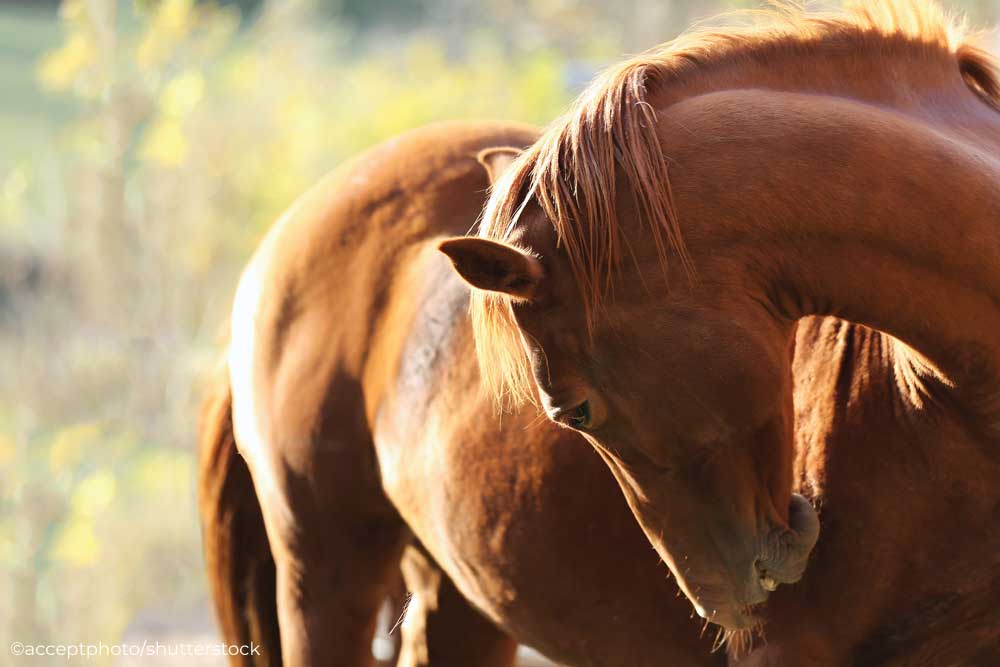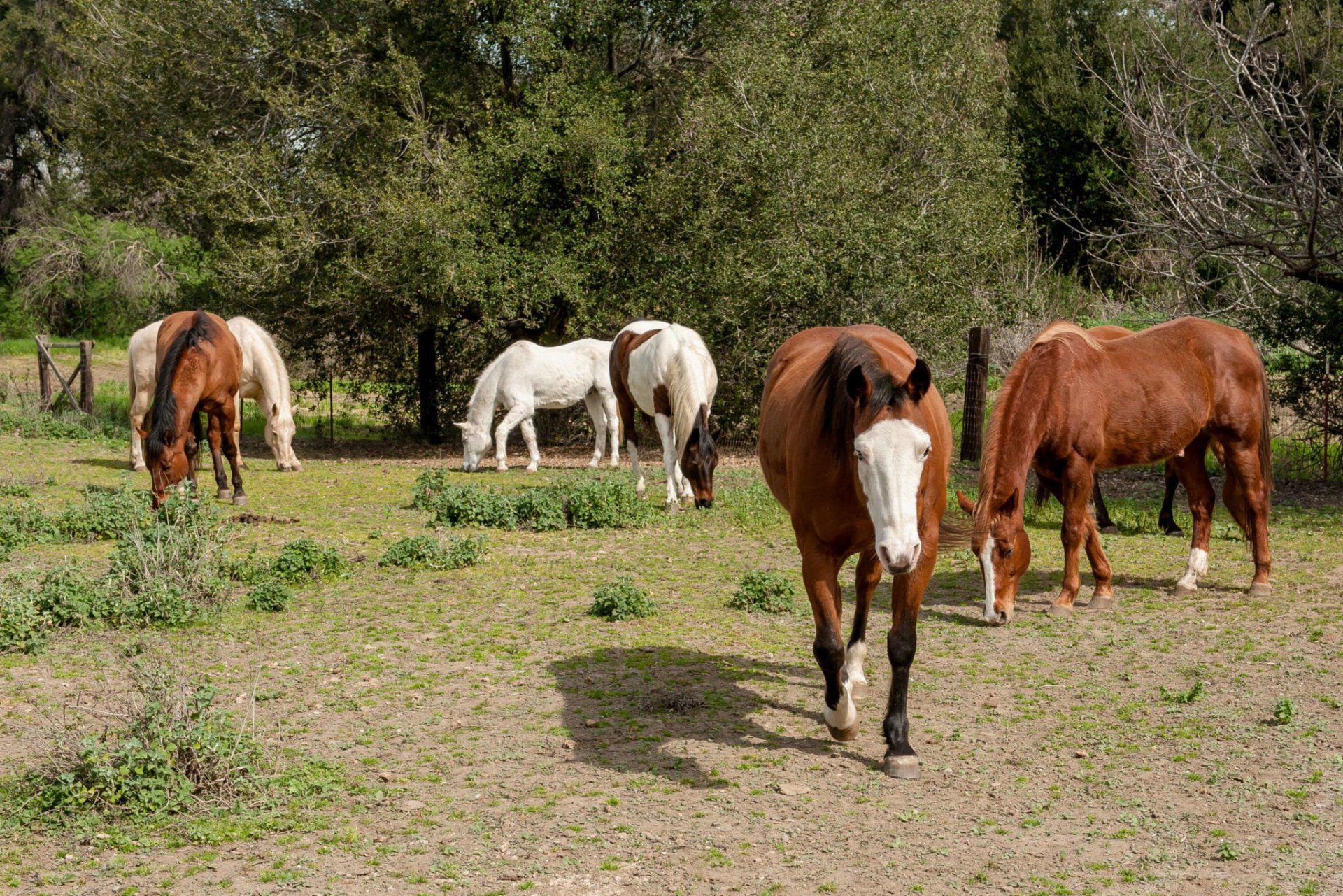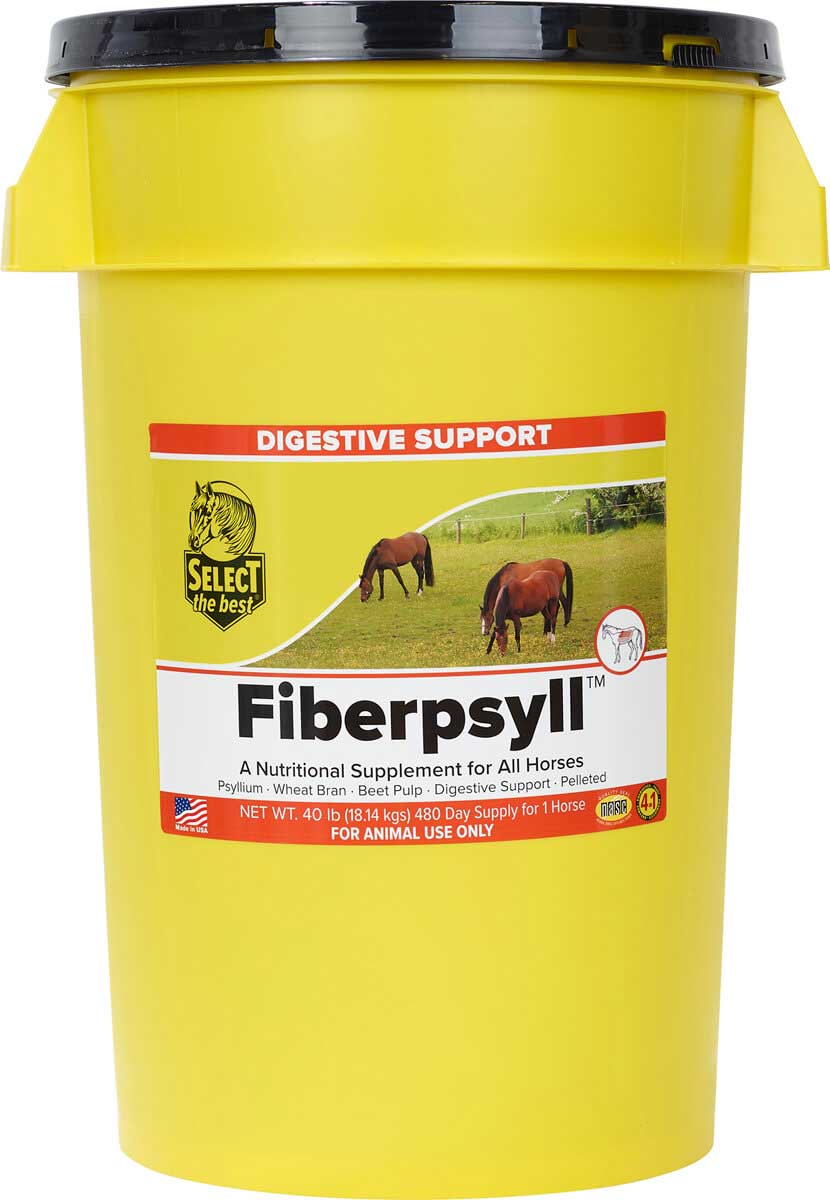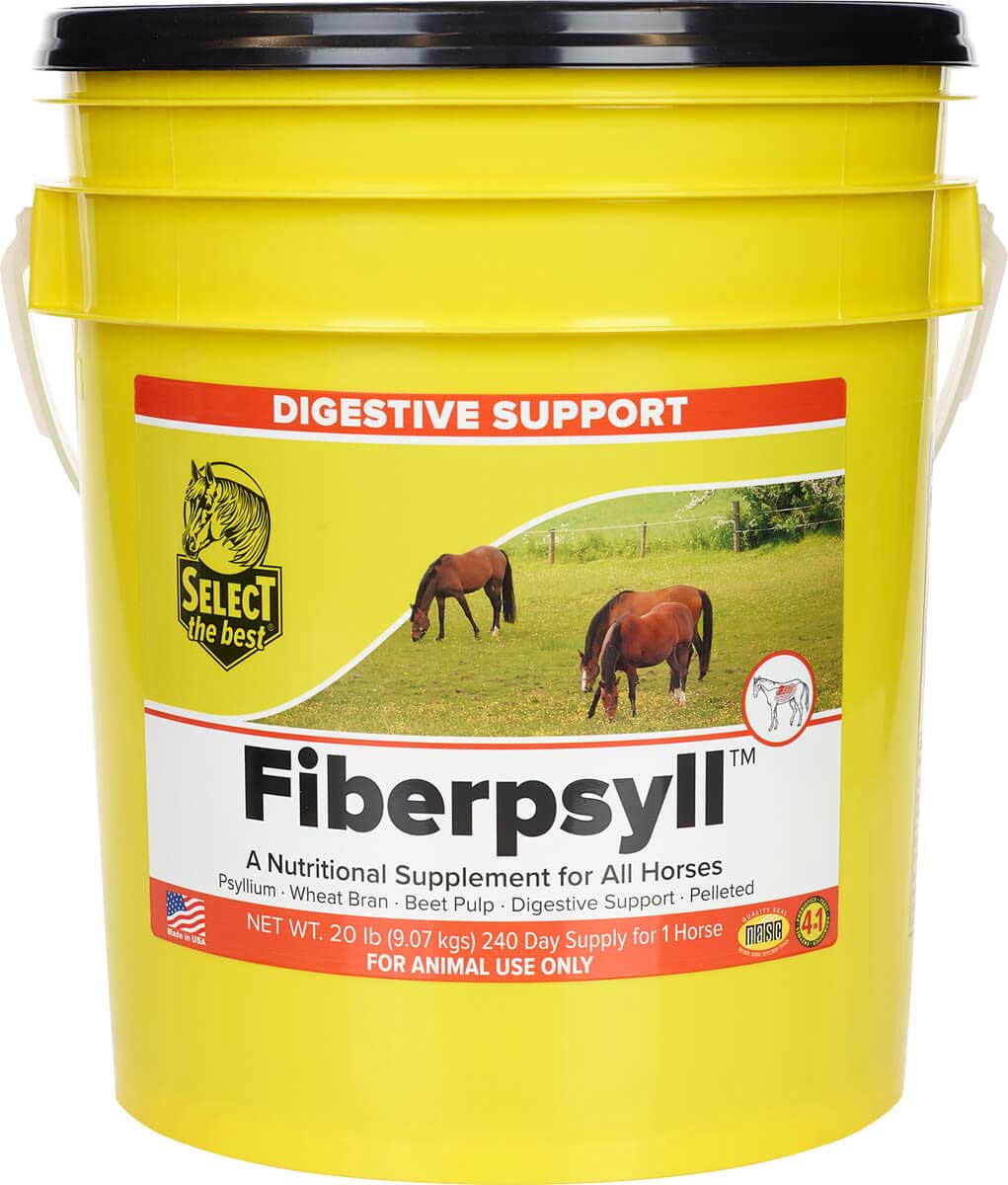Horse Trainers give horse training advice and horse product manufacturers provide horse product and horse health information. Still today, each year 10 -11% of the horse population suffers from colic. One of the causes of colic, sand ingestion, can be a substantial risk to certain horses.
Horses who graze on loose, sandy soil are at risk of sand colic, which can occur Click here to learn the facts of about sand colic. In one 2012 survey of 62 horses referred to university hospitals for If your pasture is thin or overgrazed, consult a local extension agent for advice on how to help it recover.
When researching how to prevent colic, a good angle to take would be to examine the possible causes of colic and, using this information, make efforts to Control Sand Consumption. If horses ingest too much sand while they eat, it can collect in the intestines over time, causing a
Depending on how much is consumed, the sand can accumulate in the horse's ventral colon and "Sand colic" may occur when horses ingest any type of earth, so you'll want to be proactive. If your horse has a knack for spilling his grain, look for a feed tub with a rim that helps prevent this.
Learn how to reduce your horse's risk of colic with these eight management practices designed to Impaction colic - when a mass of food, parasites, sand or other foreign material gets lodged in the Depending on the severity, a horse in colic distress may have the following symptoms:

colic poll scratching aftercare preventing
Sand impaction prevents a horse from being able to pass gas or feces and this can cause very severe pain, infection and even death. With sand colic, an ounce of prevention is definitely worth a pound of cure. If you live in a sandy area, you should be especially careful regarding how and where
Horse owners frequently search for the best products or regimens to prevent sand-associated issues, but they are usually very mis-informed! One of the most common questions I am asked as an equine vet is "how can I prevent sand build-up in my horse's intestine?" In the aptly-named sandhills

colic sand eating pony hay donate follow grasses brown
How Sand is Introduced to a Horse's System Horses pick up sand when they eat hay from the ground or graze in sandy areas. Prevent Sand Colic with Proper Care and Nutrition The best approach to avoiding sand colic is through proper animal husbandry.
Colic is defined as any abdominal pain although horse owners typically refer to colic as problems with the gastro-intestinal tract. of water consumption leading to impaction colics. ingestion. term use of NSAIDS. Older horses fed coarse hay are at greater risk of impaction colic.
Colic in horses can be a serious and even fatal condition. Learn how to identify and prevent colic to keep your horse healthy. Other times, colic may necessitate surgery, or unfortunately, euthanasia. All instances of colic in horses should be treated as a potential emergency.

colic sand prevent horse equine

Use a sand remover to prevent sand build up. Parasite-Induced Colic in Horses. Horse colic can be avoided in most instances by good horse care habits. But sometimes accidents happen; a horse gets into an apple orchard, sneaks into the grain barrel or escapes from his pen and pigs out on
So, sand colic differs from other colics in that it has a very specific and easily identifiable cause: sand load causing impaction or damage to the intestine. A while ago, Polo the Weirdo wrote a great article on sand colic detailing the causes and how to identify a horse with sand colic.
Because colic has so many different potential causes in horses, veterinarians don't usually attempt to Though there are many causes of colic, some basic preventative measures can help prevent any type So, make sure you know how to check your horse's vitals, remember the symptoms of
Sand colic is a term that refers to abdominal pain due to irritation or impaction of the gastrointestinal tract after the horse ingests sand. In some instances, accumulation of sand can create complete blockage of the tract. When grazing sandy pastures or eating hay off the ground, horses often
Colic in horses is defined as abdominal pain, but it is a clinical symptom rather than a diagnosis. The term colic can encompass all forms of gastrointestinal conditions which cause pain as well as
It helps to prevent thrush if horses move about more, and they don't stand in manure and There is also "sand colic "caused by horses picking up sand with their feed when they are fed off the So how do you recognize colic and what can you do to give your horse the best chance for survival?
Sand colic is caused by sandy soil that the horse ingests while grazing or eating from bare ground. Preventing sand colic is one of the best uses for a hay bag. However, the test isn't perfect. The amount of sand in the manure does not correlate well with how much is accumulated in the intestine.
Your horse can ingest sand or other particles of earth if he grazes on too-sparse pasture or eats hay off the ground. The results can be diarrhea and chronic To check for sand, place six of your horse's fresh, uncontaminated fecal balls in a pail, cover them with about a quart of water, stir, and allow to

digestive horses aid

horses colic
Recovery of Sand Colic in Horses. It may take your horse a few days to return to his normal state. Your veterinarian will discuss with you follow up Providing your horse with psyllium for a week out of every month can also help to prevent sand colic and checking his feces on a regular basis for
What is Equine Colic and How To Prevent a Horse from Colicing. Horse colic signs, symptoms and natural remedies that actually work! FullBucket.
Avoiding sand colic is easy when you know how. Most people wait until the horse has colic, then have them drenched. Not only is this policy more This will not have the dire consequences of the paraffin oil. However, the easiest (and cheapest) way to prevent this build up is to feed your
Know what to expect and how to react when your horse shows the clinical signs of colic. The cause of colic in most cases remains undetermined. "For colicky horses successfully treated medically "For horses needing surgery to resolve the colic, the abnormality causing the abdominal pain
How to prevent sand colic. As with any colic, however, prevention is preferable to cure. While small amounts of swallowed sand may pass harmlessly through your horse's system, ongoing ingestion can cause a problematic build-up. "Sand can accumulate in the abdomen over summer as a horse
In fact… Horse Colic Is the Number One Horse Killer. Equine colic takes many forms, but generally, you can tell if your horse might be on the road to colic Not all colic can be prevented - but you can take steps to decrease the chance your horse will have to suffer from it. Here are nine proven tips

lifeirl psyllium equine
Signs of colic in your horse. A colicky horse will commonly bite at its side and roll. Horses may eat enough sand to bother their gut or affect motility. To reduce the amount of sand eaten Learn more about how to know what's normal for your horse. Watch broodmares and horses that have Remove your horse's feed to prevent further problems. If possible, take your horse's vitals and share
Preventing colic requires research and familiarity with the possible causes. If you place it on a sandy surface, the horse will end up ingesting lots of sand that will affect its digestion. These type of horses are more prone to colics. Also, if your horse has previously been attacked, you need to
Airway Ailments: Why Horses Cough. Is your horse's cough something to be concerned about? Also in this issue Download MP3 Dr. Erin Denney-Jones suggests management techniques to reduce the chance of your horse suffering from sand colic.
Sand colic is a common problem for horses living in areas with loose, sandy soils. It is caused by the accumulation of sand in the horse's gastrointestinal tract On occasion, some horses are known to deliberately eat sand for unknown reasons. As horses graze in paddocks containing sandy soil,

horses digestive aid lb days

colic horses signs causes horse poor common sand teeth equinespot spot em fast learn
Sand Colic is something I hadn't heard about until I started working at a barn, where all the runs were hard-packed gravel. Gravel is often a practical choice for stable owners. It is great for preventing excessive moisture (keeping your horse from unnecessary hoof issues) and for ease in picking manure.
Colic, being a common disease in horses, is widely associated with poop, or lack thereof, to Colic happens as a result of gas, grain overload, impaction, sand ingestion, and parasitic infection. How to Prevent Poop-Related Colic Problems? Depending on the severity of the problem, horses
